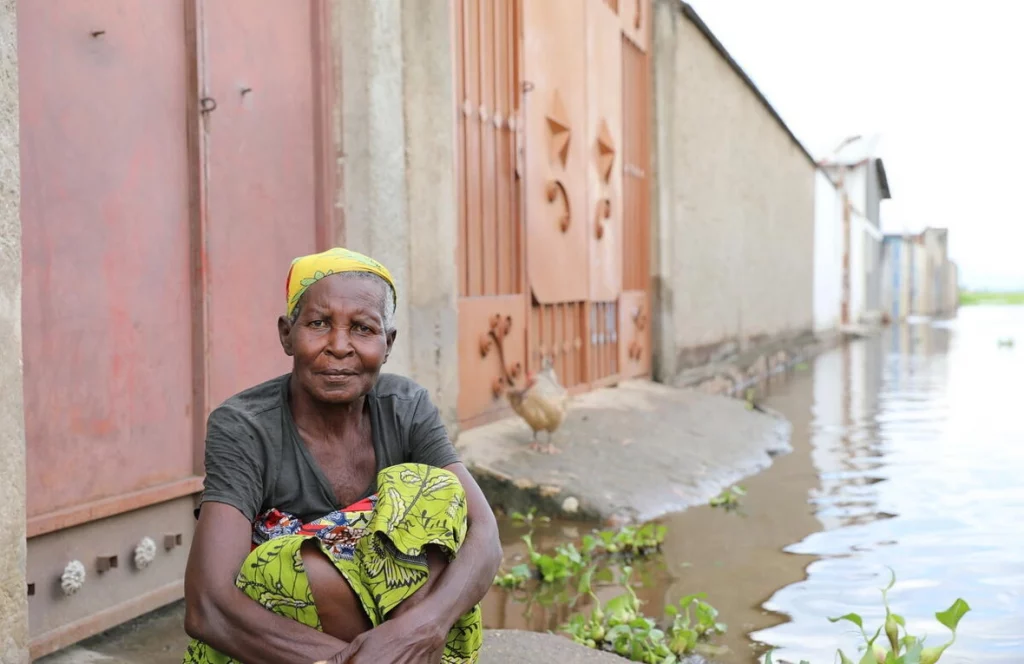The recent onslaught of heavy rainfall and flooding in East Africa, exacerbated by the El Niño phenomenon, continues to wreak havoc, displacing thousands and posing grave challenges to communities in the region, according to a recent statement by the UN refugee agency, UNHCR.
In Kenya, where the Dadaab refugee camps harbor over 380,000 refugees, nearly 20,000 individuals have been uprooted by rising water levels, compounding the plight of those who sought refuge from severe drought in neighboring Somalia in recent years.
Similarly, in Burundi, approximately 32,000 refugees—nearly half of the country’s refugee population—are grappling with the aftermath of floods, with around 500 individuals urgently requiring assistance. Flood-affected areas have seen significant disruptions, including challenges accessing food and essential supplies due to heightened transportation costs via canoes, as well as disruptions to education caused by flooded classrooms and damaged learning materials.
The Nyanza Lac region in Burundi’s Makamba province, which has recently welcomed thousands of Burundian refugees returning from exile, has also been severely affected by the deluge, compounding the challenges faced by both returnees and existing communities.
Somalia and Tanzania are among the other countries in the region grappling with the impact of climate-related displacement, further underscoring the widespread nature of the crisis.
In response to the unfolding humanitarian emergency, UNHCR is collaborating with local authorities and partners to deliver aid and protection services to affected populations. In Kenya, relief efforts include the distribution of essential items such as tarpaulins, mosquito nets, hygiene kits, soap, and jerricans, as well as facilitating the relocation of families to safer areas until floodwaters subside.
In Burundi, UNHCR is coordinating with the government to provide shelter kits and cash assistance to support affected refugees, while in Tanzania, efforts are underway to clean up refugee shelters with the assistance of local partners. In Somalia, the organization is focusing on providing protection and essential items to internally displaced families grappling with the fallout of the flooding.
As climate change continues to exacerbate humanitarian crises across the globe, UNHCR emphasizes the critical need for increased support and resources to address the multifaceted challenges posed by climate-related displacement in East Africa and beyond.


